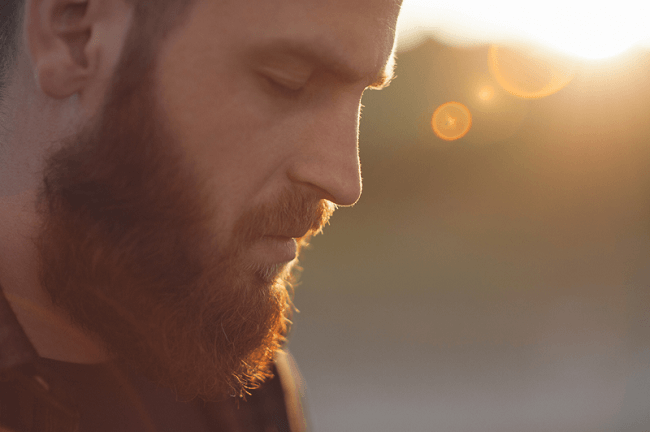The theme of Connectedness is permeating much of what I am reading and listening to these days…and how disconnection and isolation is such a hallmark of the patients with addiction we treat every day at the Coleman Institute. This powerful isolation-belief can lead to hopelessness and despair.
I’m thinking about a guy (I change details to protect privacy) who finished a five day Accelerated Opioid Detox (AOD) last week to get off a particularly difficult opioid, Opana®, which a branded formulation of oxymorphone. He also tested positive for heroin and fentanyl, but he preferred Opana® when he could find it.
Only a few short months ago Jim had gone through a medically-supervised detox from the same combination of opioids. He did not return to the Coleman Institute for a second naltrexone implant, nor did he go to any follow-on counseling or treatment, despite our urgings. He was quite sure he could handle things on his own with the help of his family and fiancé, and a deep dive into work. Relapsing was not in his game plan.
The shame and guilt that accompanied Jim to our facility was palpable. Having just turned thirty two months earlier, he could hardly bear his growing moments of sobriety as the continuous flood of memories, thoughts, and emotions assaulted him: how he’d disappointed people who loved and trusted him, how he’d shamed his family, how he’d wasted his education and professional opportunities, how much money he had wasted on drugs and now another detox, how he had embarrassed his girlfriend and compromised his integrity in a million different ways. Being in his own skin felt intolerable, and his anguished mood swings reflected his pain for the entire course of his detox, regardless of the heartfelt compassion showed by all our staff and his family.
It is easy to understand how isolating and removing himself from the people and things he cared about in his life would seem like a logical move to Jim.
I am currently listening to Russell Brand’s book, Recovery: Freedom From Our Addiction on Audible. I often listen to books on morning walks and I am grateful for the low pre-dawn light that hides my contorted face when I am moved by poignant sentiments. I also laugh out loud at much of Russell’s writing. He is kind of crude but very smart, sincere, and, in my opinion—hilarious.
Here’s Russell as he describes an early interaction:
“A counselor at the treatment centre where I got clean, herself a woman in recovery, surprised me when she said, ‘How clever of you to find drugs. Well done, you found a way to keep yourself alive.’ This made me feel quite tearful. I suppose because this woman, Jackie, didn’t judge me or tell me I was stupid or tub-thumpingly declare that ‘drugs kill’. No she told me I’d done well by finding something that made being me bearable.”
I reiterated this notion to Jim. His return to drugs and isolation made so much sense, given the excruciating beliefs he held about himself.
Our wonderful staff at the Coleman Institute safely, gently, carefully detoxed Jim off the opiates, and the next day he entered into one of the best residential treatment programs in the area. He has committed to two more naltrexone implants, which will provide him with a full six months of opiate receptor blockage. I believe that, as Jim receives the extensive gifts that a residential program can provide, he will learn to re-establish and understand the importance of connection, and will find the blueprint to first accept, and then, forgive himself. His family is already there, waiting with arms wide open.
We welcome your inquiries and may be the right fit for you or a loved one seeking a way to safely and efficiently get off of opioids.
Joan Shepherd, FNP


